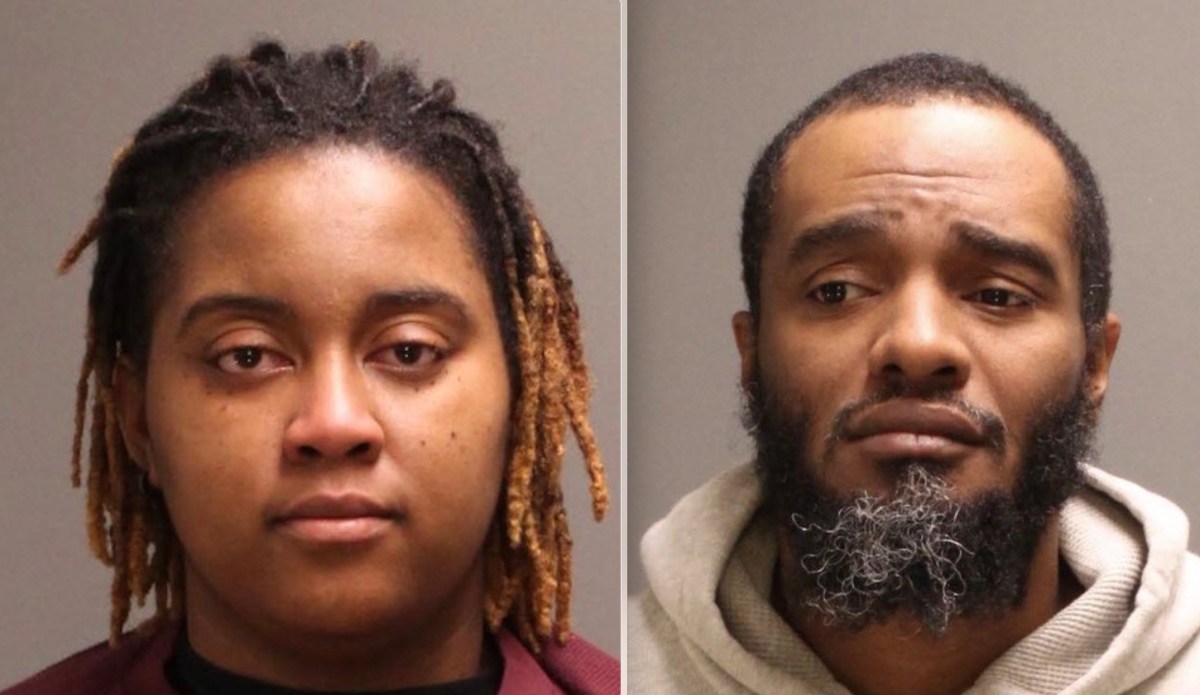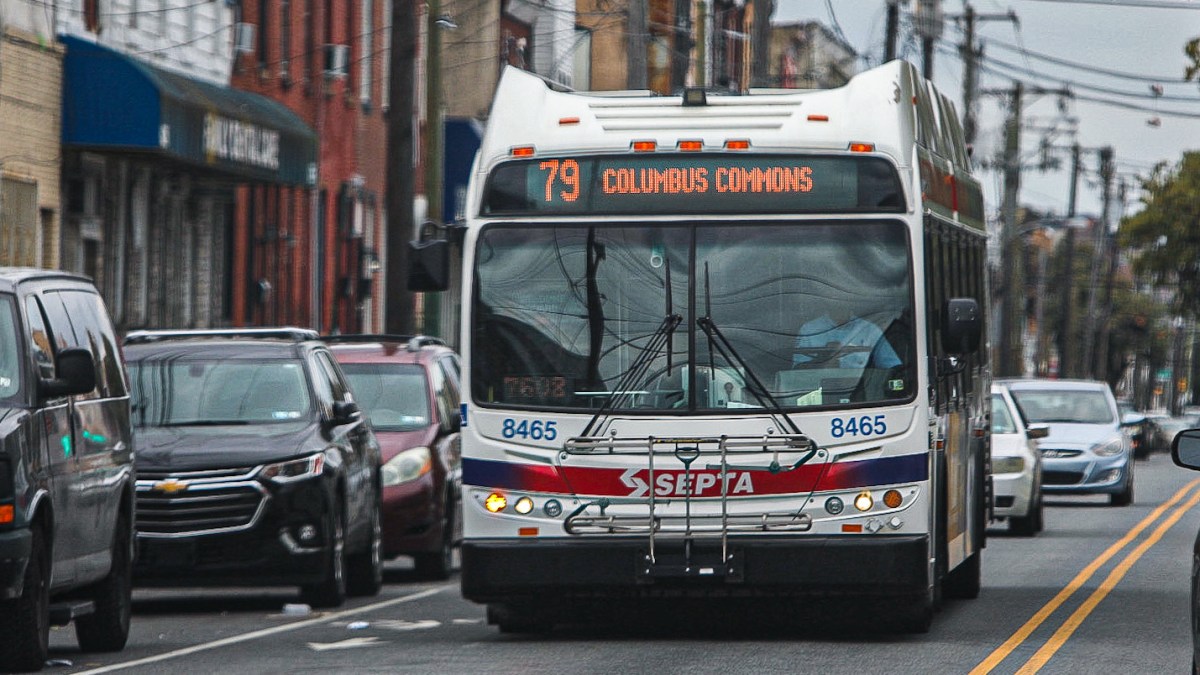 Massachusetts voters approved legalizing medical marijuana in 2012. Credit: AFP
Massachusetts voters approved legalizing medical marijuana in 2012. Credit: AFP
A coalition of Massachusetts medical marijuana patients has blasted the governor and state officials, saying a lack of political will has delayed the implementation of an initiative that would ease their suffering.
In the fall of 2012, a ballot initiative that legalized medical marijuana in the state was approved with more than 63 percent of the vote. To date, however, no medical marijuana dispensaries have been authorized to put seeds in the ground. A patient and caregiver registration system is not operational.
During a press conference organized by the Massachusetts Patient Advocacy Alliance today at the State House, patients who say they rely on the drug for their quality of life were frustrated with the delays they say have plagued the implementation of medical marijuana regulations.
Currently, nine dispensaries are awaiting the inspection process, two more are on hold and the state’s Department of Public Health is considering issuing three more licenses, according to the alliance’s executive director Matthew Allen.
He said that number will not be enough dispensaries to meet patient needs and wants an additional 50 dispensaries to be licensed. Allen also wants a caregiver regulation to be loosened; current rules allows caregivers to grow medical marijuana for one patient. He wants caregivers to be able to provide the drug to multiple patients.
Allen said Gov. Deval Patrick “doesn’t want to deal” with the implementation of the program and cast doubt over whether the dispensaries would be opened before he leaves office.
“It’s time to move forward,” he said.
Eric McCoy, a Boston resident who uses marijuana to treat his multiple sclerosis, said the drug “allowed me to live.” He now has to seek the drug on the black market and is subject to arrest when he uses it because the state has yet to make medical marijuana a reality. He implored state officials to “revive this sinking ship.”
Scott Zoback, a spokesman for the state’s medical marijuana program, said the state wants to build this new industry “in a very measured way.”
“We want the right people running the dispensaries in the commonwealth,” he said. “We want a program that is promoting appropriate use.”
He said the one-to-one caregiver-to-patient ratio is a model that has worked well in other states and has been met with approval by public health and law enforcement officials.
Zoback rejected the idea that the program had stalled because of a lack of political will.
“We’re trying to implement a program that moves toward patient access and public safety,” he said. “This isn’t politics, this is a matter of implementing good solid policy.”






















